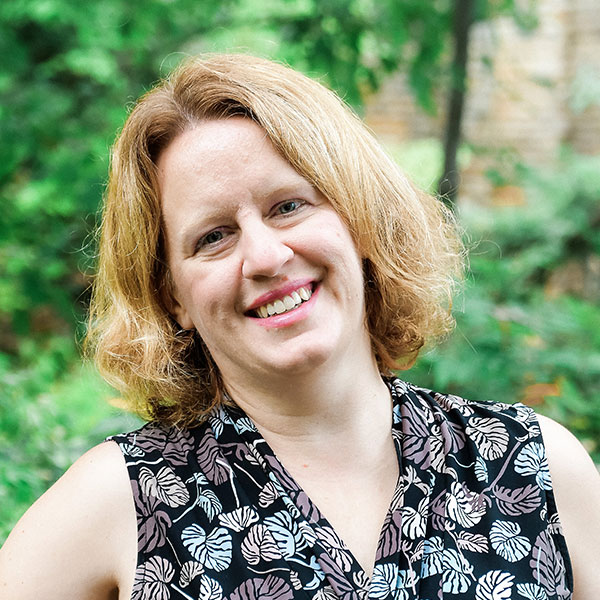When potential clients ask me about preparing an estate plan (i.e. a legally enforceable plan that handles your affairs upon your incapacity or death) they most frequently ask about preparing a Last Will and Testament. However, although a Will is an absolute necessity, most clients do not grasp the importance of the Power of Attorney.
As you might guess, only you have the power over your health care and over how your finances are handled. In short, no one can tell you what to do! But what if you are in a serious auto accident or have an incapacitating illness? Who is going to communicate with the doctor about the best treatment for you? How will you make sure that your bills are paid? The answer is a Power of Attorney.
Without a Power of Attorney, if you are incapacitated, someone on your behalf will need to make an application with the local Probate Court to be your Guardian. The guardianship process is time consuming and expensive and the identity of your assets become part of the public record. Further, due to recent changes in the Guardianship laws, every year Guardians need to attend a training seminar! Ohio law has established a pecking order as to who has the first right to be your Guardian, and, in my experience, that may often not be the person you would like or trust to handle your affairs. Lastly, even if you are married, your spouse cannot automatically handle your financial transactions.
All of this trouble and turmoil can be avoided with both a Healthcare Power of Attorney and a Financial Durable Power of Attorney. As the names imply, each document assigns another person, be it a spouse, friend or child, to manage your affairs if you are unable – without the need to involve the Probate Court in any way.
So, by all means, please consider executing a Last Will and Testament, but don’t forget your Power of Attorney.


